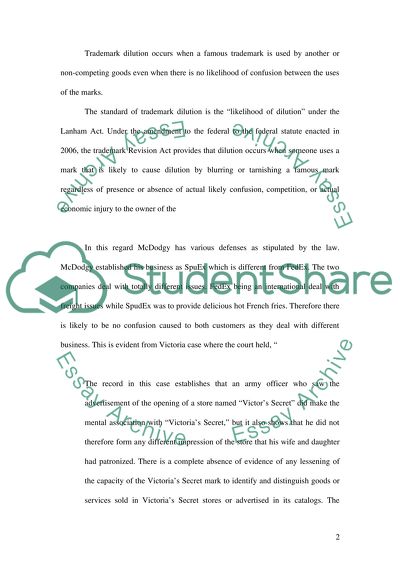Cite this document
(International Business Law: the Purpose of Trademarks Case Study, n.d.)
International Business Law: the Purpose of Trademarks Case Study. https://studentshare.org/law/1516295-international-business-law-article-will-be-given
International Business Law: the Purpose of Trademarks Case Study. https://studentshare.org/law/1516295-international-business-law-article-will-be-given
(International Business Law: The Purpose of Trademarks Case Study)
International Business Law: The Purpose of Trademarks Case Study. https://studentshare.org/law/1516295-international-business-law-article-will-be-given.
International Business Law: The Purpose of Trademarks Case Study. https://studentshare.org/law/1516295-international-business-law-article-will-be-given.
“International Business Law: The Purpose of Trademarks Case Study”. https://studentshare.org/law/1516295-international-business-law-article-will-be-given.


